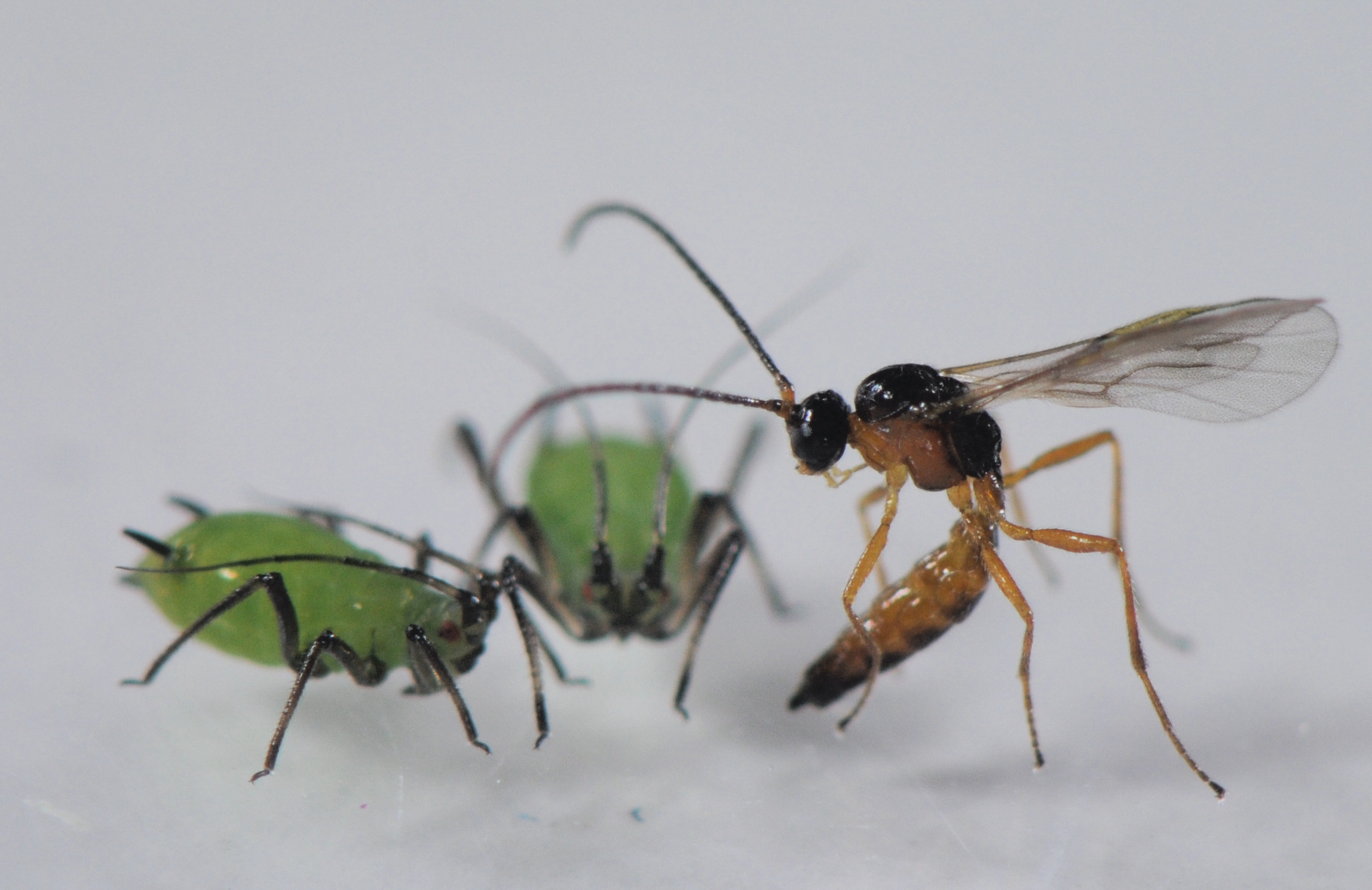
Artificial night lighting impacts a wide range of species
A new study from the University of Exeter has revealed that artificial lighting at night has an unexpected influence on plants and animals. Night-time lighting from sources such as streetlights was found to promote complex changes in the feeding behavior of exposed insects.
Previous studies have shown that artificial lighting impacts a wide variety of species, including moths and bats, but it has been unclear how food webs were affected.
The investigation was focused on communities of plants, aphids, and parasitoid wasps in the UK. The research team established that the impacts of the artificial nighttime lights varied depending on the brightness of the light.
At lower levels of light, such as the amount of light generated by a nearby town, the parasitoid wasps had a hunting advantage and killed twice as many aphids. With brighter levels of light, however, the wasps became distracted and flew away from the aphids.
The researchers explained that this phenomenon could have a widespread impact on the way that different kinds of species interact, especially considering that many places all over the world have artificial night lighting including 88 percent of Europe.
“We might have expected that any effect of artificial light would increase with the brightness of the light – but that isn’t what happened,” said study co-author Dr. Dirk Sanders. “Under low light these wasps became far more efficient hunters, leading to a reduction in the number of aphids, but brighter lighting made them more and more distracted.”
“This shows that even low lighting – the most common level of light pollution – can have a major impact. It also demonstrates the complex ways lighting affects ecosystems.”
Study lead author Professor Kevin Gaston said, “The potential for similar effects to occur in many different ecosystems is huge.”
The research is published in the journal Current Biology.
—
By Chrissy Sexton, Earth.com Staff Writer
Image Credit: Dirk Sanders













